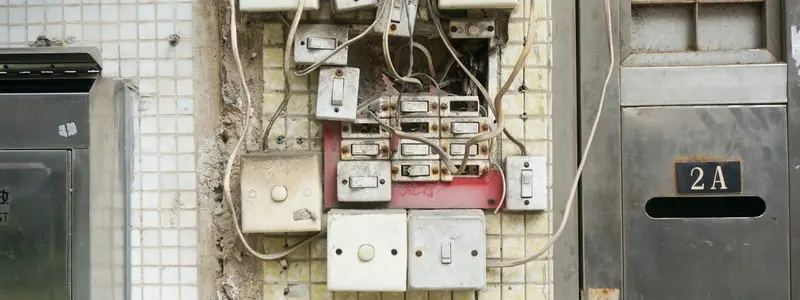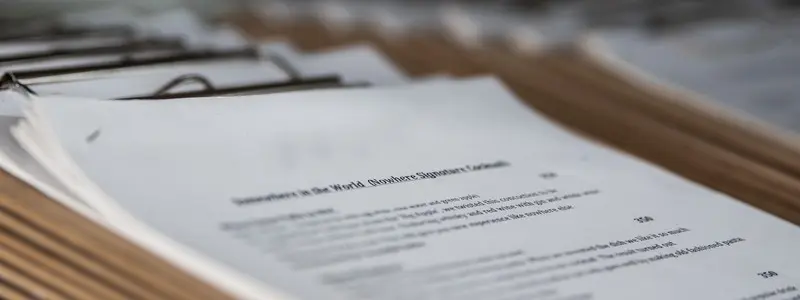Steps in Renting and Leasing
A guide to the important steps in a lease to help you prepare and manage your contractual relationship on a daily basis.
Before signing
- 1Ensure compliance with standards
Make sure that the rental property meets the minimum requirements for safety, sanitation and basic facilities.
For more information, see the page on Formalities when renting.

- 2Information before signing
The landlord must provide the tenant with the following information: description of the property, rent amount, whether or not there are individual meters for water, gas and electricity, a list and estimate of charges, an Opens in new windowenergy certificate (EPB), whether or not there is a property management company.
For short-term leases entered into or renewed on or after 1 November 2024, you must also provide the lease type, the amount of the last rent paid, and the date it was paid to the previous tenant.The landlord may also request certain information from the tenant: identity, contact details, number of people in the household and the amount of financial resources.
Apart from this, the landlord cannot ask for any other information.
You will find more information in our brochure below.

Choosing the type of lease
- 3Choose the type of lease
The Region provides several standard lease templates, tailored to the specifics of the rental situation.
You must choose between a principal residence lease or a common law lease.
There are also two specific types of agreement: the shared tenancy lease and the student lease (which can be concluded as a principal residence lease or a common law lease).

- 4Lease duration
For principal residence leases, the standard duration is 9 years, but you can also opt for:
- a short-term lease: 3 years or less
- a long-term lease: over 9 years
- a lifetime lease
- student leases are always for 12 months
The choice of duration affects notice periods and compensation

- 5Setting and reviewing the rent
On the private rental market, the landlord is free to set the rent. However, you can find an indication of rents in Brussels based on the neighbourhood and property characteristics at: Opens in new windowloyers.brussels
Rent reviews for principal residence leases may be requested under certain conditions (see Residential Leases brochure).

- 6Charges
The landlord provides a list and estimate of the charges relating to the private and/or common areas that the tenant will need to pay. The landlord also indicates whether these charges are based on actual costs or are a fixed amount.

- 7Rental guarantee
The landlord may request a guarantee from the tenant. This deposit will protect the landlord in case the tenant fails to meet their obligations.
For more information, see the Rental guarantee page.
The Housing Fund provides rental guarantees subject to specific income conditions.

- 8The mandatory appendix to the lease
The Government has established an Opens in new windowexplanatory appendix to be attached to lease agreements, containing information intended to inform both the tenant and the landlord about important aspects of the Housing Code.

Immediately after signing the contract
- 9Entry inventory of fixtures
The inventory of fixtures is a mandatory document describing the condition of the property. It must be completed before the tenant occupies the property or within the first month of the lease.
A template document is available from the Government.
For more information, see the Inventory of fixtures page.

- 10Register the lease
This free, compulsory procedure must be completed by the landlord within 2 months of signing the lease. If the landlord fails to do so, the tenant can terminate the contract without notice or compensation.
Registering the lease also protects the tenant's rights against third parties, especially if the property is sold. Therefore it is in the tenant's interest to register the lease themselves if the landlord fails to fulfil this obligation.

- 11Insurance
For leases entered into or renewed on or after 1 November 2024, tenants must have fire and water damage insurance.
For leases entered into before 1 November 2024, no law required tenants to have such insurance (although it could have been a contractual requirement).
You will find more information in our brochure below.

During the lease
- 12Repairs and maintenance
The tenant is responsible for carrying out any maintenance and repairs, with the exception of those caused by disrepair or force majeure.
The government has drawn up a non-exhaustive list of the main repair and maintenance obligations. The parties cannot deviate from this division.

- 13Rent indexation
Indexation is the periodic adjustment of the rent to reflect changes in the cost of living. If the lease allows, the rent can be indexed annually, at the earliest on the anniversary date of the lease coming into force.

End of the lease
- 14Terminating a lease
A notice period begins on the first day of the month following the month in which notice was given. In the event of problems or non-compliance with the lease, only a judge has the authority to terminate the agreement.
You will find more information in our brochure below.
Templates for termination letters are available.

- 15Exit inventory of fixtures
The exit inventory of fixtures compares the condition of the property at the end of the lease with that described in the entry inventory.
The exit inventory of fixtures is carried out after the tenant has vacated the premises and before the keys are returned to the landlord, and in any event no later than one month after the tenant has vacated the premises.
For more information, see the Inventory of fixtures page.
